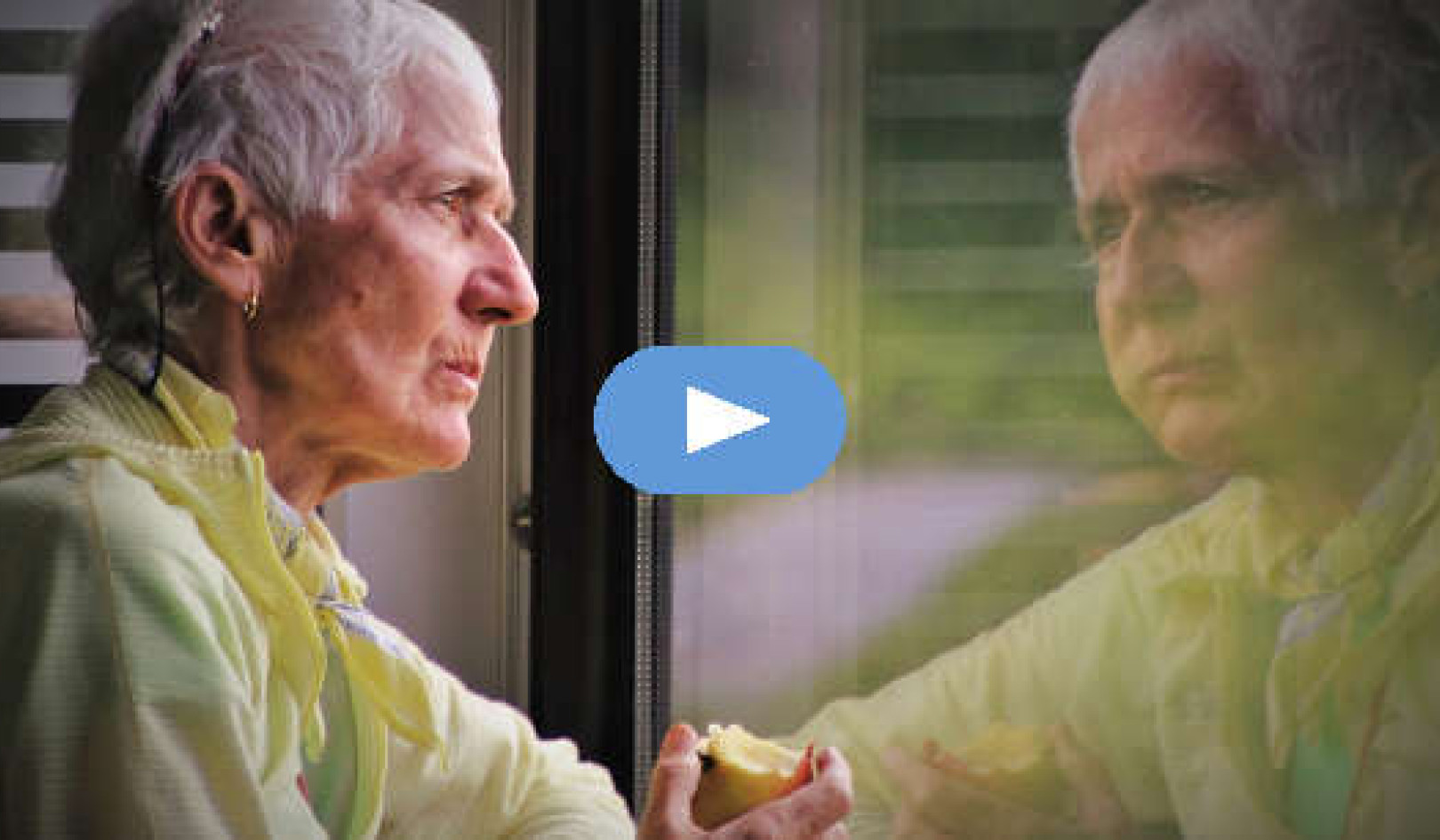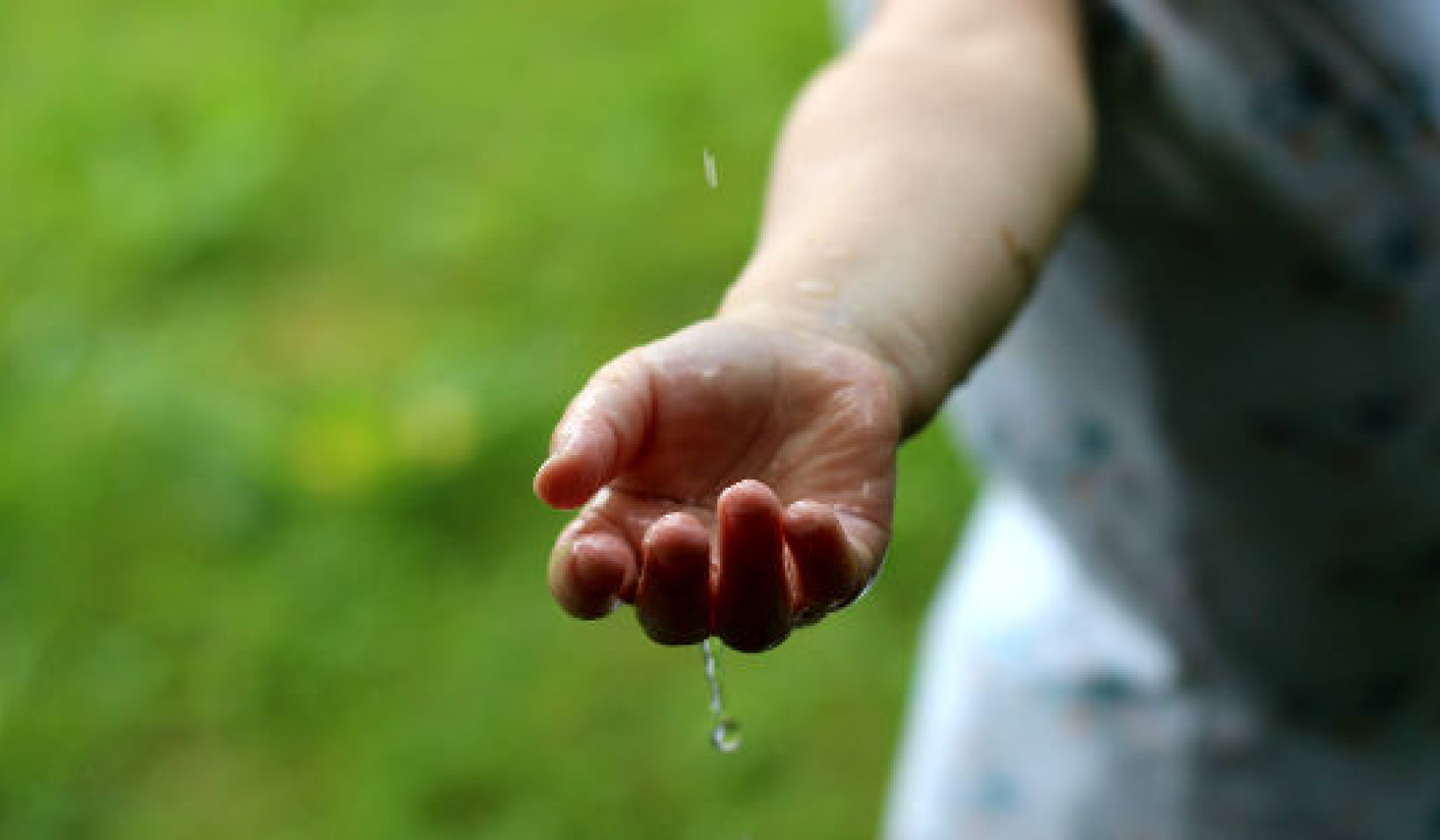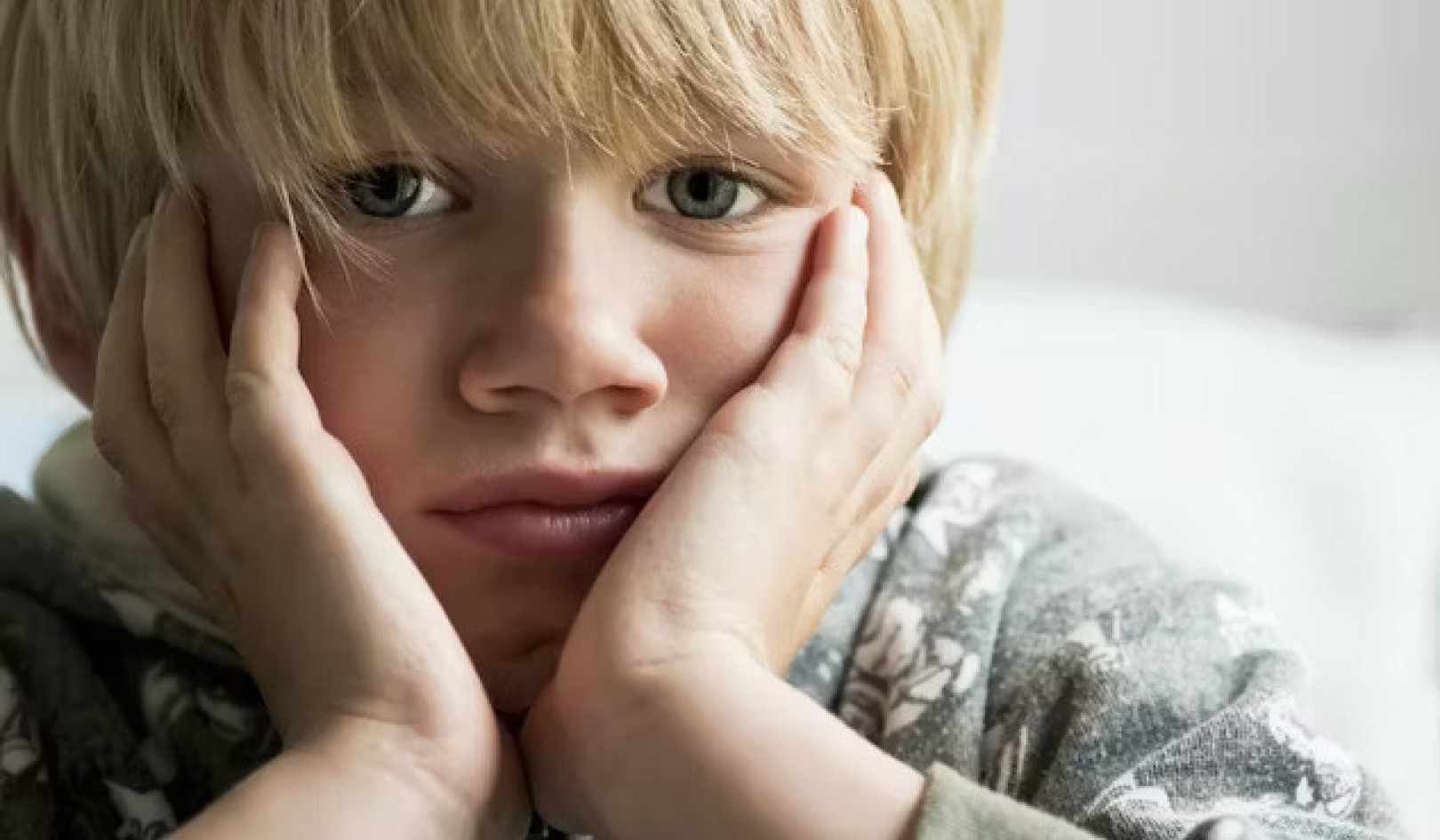Many women will, at least temporarily, be the breadwinner at some point in their relationship. Changing employment trends and gender roles will affect many households. But our new peer-reviewed study shows that for heterosexual couples, wellbeing is lower when the woman is the sole earner, versus if the man is the breadwinner or if both partners are employed.
Over 14 years of European social survey data, men and women reported lower life satisfaction when the female wife or partner was the breadwinner, with men suffering the most. This is true even after controlling for income, attitudes toward gender and other characteristics.
We analysed the survey responses of over 42,000 working-age people spanning nine countries. The data measures wellbeing by asking people to score how satisfied they are with their lives as a whole nowadays, from zero (extremely dissatisfied) to ten (extremely satisfied). Most people give a score between five and eight.
These “life satisfaction points” give us a sense of how different groups’ wellbeing compares. Before any controls, men’s life satisfaction is 5.86 when the woman is the sole earner, versus 7.16 when the man is the only earner. For women, the corresponding figures are 6.33 and 7.10 respectively.
Couples in Germany seem to struggle the most with female-breadwinner situations, followed by the UK, Ireland and Spain. However, the issue is fairly universal across Europe, even in more gender equal countries like Finland.
Men struggle more
In female-breadwinner households, men appear to struggle mentally more than women. We found that women’s breadwinning carries such a heavy psychological burden for men that they would prefer she was not employed at all. After accounting for basic characteristics, incomes and gender attitudes, out-of-work men report significantly higher life satisfaction when both partners are jobless.
Watching their partners go to the office (or work from home) every day might lead out-of-work men to feel worse about themselves. But when their partner is in the same boat as them, jobless men may instead feel like their lack of employment is less “deviant”.
Men in female-breadwinner couples report the lowest wellbeing when they are unemployed rather than “inactive” (not actively looking for work and/or doing housework or other care responsibilities). Unemployment is associated with the greatest psychological costs, such as self-doubt, uncertainty, loneliness and stigma. In this study, we do not include people who are inactive for health or disability reasons.
In fact, unemployed men would rather swap places with their breadwinner wives. Men’s wellbeing is significantly higher when the woman is unemployed instead of the man, whereas women report equally low wellbeing when either partner is unemployed.
Characteristics of female-breadwinner households
Certain factors may contribute to female-breadwinner couples’ low wellbeing. For example, these couples have lower average household incomes than two-earner and male-breadwinner households, and are more likely to find it “difficult” or “very difficult” to cope on their current income. Additionally, more men in female-breadwinner couples report “fair”, “bad” or “very bad” health and are less educated.
When we controlled for these and other basic characteristics (like age and children) as well as gender-role attitudes and each partner’s share of household income, women’s wellbeing is only marginally lower (-0.048 life satisfaction points) when the woman is the sole earner instead of the man.
Yet, even after accounting for these factors, men’s wellbeing is still over half a life satisfaction point lower (-0.585) when the woman is the only earner. In Germany, this difference is over one full life satisfaction point (-1.112).
So, while our study suggests the characteristics of female-breadwinner couples mostly explain women’s lower wellbeing, they do not account for the discrepancy with men’s wellbeing.
Masculinity, (un)employment and wellbeing
In many countries, being the breadwinner remains central to men’s sense of self. Providing financially for the family is key to masculinity and tantamount to being a “good” dad. When these roles are reversed, couples can experience social “sanctions” like gossiping, ridicule and judgement from family, friends, and other people they know, as well as mental health difficulties.
Unemployed men may be particularly vulnerable to isolation and loneliness, since they are less likely than women to have community or care-based social networks to draw on, like friendships developed at the school gates.
Meanwhile, gendered expectations of selflessness may lead women to go further than men in shielding a partner from the true extent of their distress. This could work the other way, too: when the man is unemployed, the woman may be more perceptive of and negatively affected by his struggles than he would be if these roles were reversed.
Yet, unemployment has become a normal part of working life, including for middle-class professionals who were traditionally more protected from this risk. Our findings suggest that gender norms affect how couples cope with unemployment, with men placing more value on their own employment status than their female partner’s.
Additionally, men’s distress under the female-breadwinner arrangement may trigger women to hold themselves back from taking jobs or seeking higher-paying roles, further reinforcing gender inequalities in employment rates, career progression and incomes.
Clearly, there is still a long way to go to sever the link between breadwinning and masculinity. Challenging this idealisation of male breadwinning is critical so that men no longer feel like failures when they fall short of this expectation.![]()
About The Author
Helen Kowalewska, Lecturer in Social Policy, University of Bath
This article is republished from The Conversation under a Creative Commons license. Read the original article.

Related Books:
The Four Agreements: A Practical Guide to Personal Freedom (A Toltec Wisdom Book)
by Don Miguel Ruiz
This book offers a guide to personal freedom and happiness, drawing on ancient Toltec wisdom and spiritual principles.
Click for more info or to order
The Untethered Soul: The Journey Beyond Yourself
by Michael A. Singer
This book offers a guide to spiritual growth and happiness, drawing on mindfulness practices and insights from Eastern and Western spiritual traditions.
Click for more info or to order
The Gifts of Imperfection: Let Go of Who You Think You're Supposed to Be and Embrace Who You Are
by Brené Brown
This book offers a guide to self-acceptance and happiness, drawing on personal experiences, research, and insights from social psychology and spirituality.
Click for more info or to order
The Subtle Art of Not Giving a F*ck: A Counterintuitive Approach to Living a Good Life
by Mark Manson
This book offers a refreshing and humorous approach to happiness, emphasizing the importance of accepting and embracing life's inevitable challenges and uncertainties.
Click for more info or to order
The Happiness Advantage: How a Positive Brain Fuels Success in Work and Life
by Shawn Achor
This book offers a guide to happiness and success, drawing on scientific research and practical strategies for cultivating a positive mindset and behavior.























